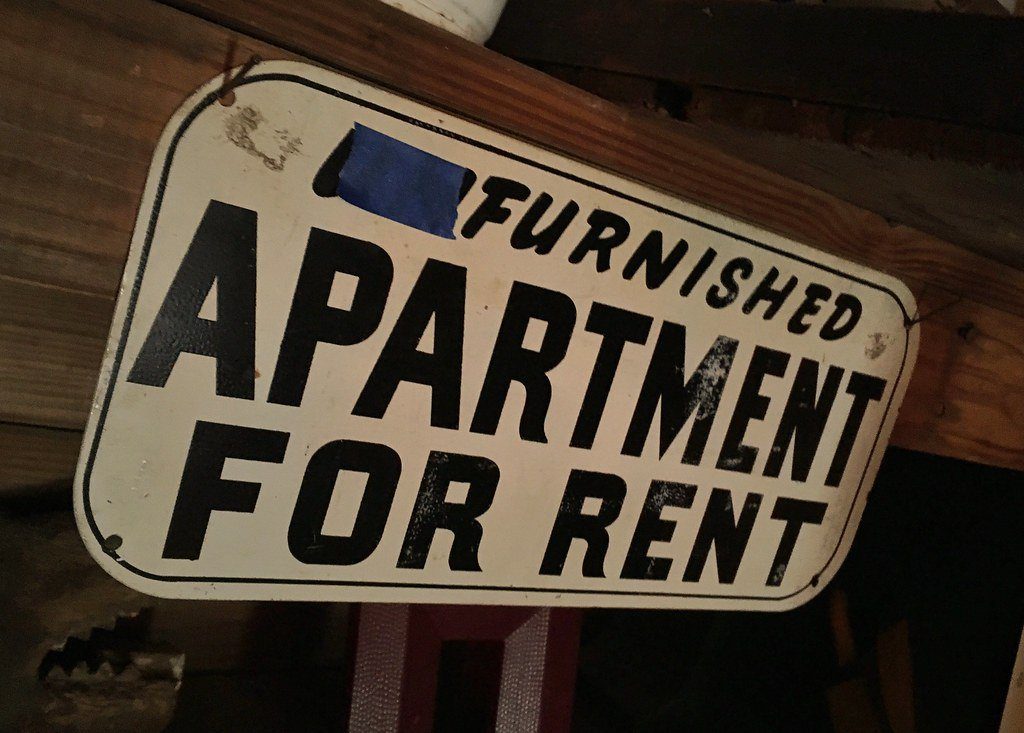
Image by H. Michael Karshis
According to the California Apartment Ass’n, economists and housing experts from Stanford and UC Berkeley warn that Proposition 33 would worsen California’s housing crisis by hindering new affordable housing construction and overturning state laws mandating more affordable housing. Additionally, Proposition 33 would remove protections for homeowners, allowing regulators to control rental prices for single-family homes and accessory dwelling units. From CAA newsletter.
Earlier this month, the Secretary of State’s Office announced that the so-called “Justice for Renters Act” will go before voters as Proposition 33.
Proposition 33 aims to repeal 1995’s Costa-Hawkins Rental Housing Act, the state’s most important rental housing protection law. Costa-Hawkins exempts specific properties, such as single-family homes and new construction, from local rent control and safeguards vacancy decontrol, allowing landlords to adjust rents to market rates after a tenant moves out and a new renter moves in.
Here’s what the passage of Proposition 33 would mean for California rental housing providers:
Repeal of Costa-Hawkins: Proposition 33 would repeal the Costa-Hawkins Rental Housing Act, removing exemptions for single-family homes and new construction from rent control.
Implementation of Vacancy Controls: Cities and counties could implement vacancy controls, preventing landlords from adjusting rents to market rates after a tenant vacates.
Expansion of Rent Control: Rent control could be imposed on properties currently exempt, including new homes and single-family rentals.
Discouragement of New Housing Development: The measure would likely discourage investment in new housing projects due to increased regulatory constraints.
Market Instability: The reintroduction of vacancy control and expansion of rent control could lead to significant market instability, reducing property values.
Decreased Quality and Availability: The overall quality and availability of rental housing in California could decline, exacerbating the ongoing housing crisis.
Increased Pressure for Rent Control: Passage of Proposition 33 would increase pressure on cities and counties to adopt more stringent rent control measures.
Without Costa-Hawkins, cities and counties could implement vacancy controls, keeping rents below market in perpetuity, a form of extreme rent control seen in cities such as Santa Monica and Berkeley during the 1970s and 1980s. These controls led to a significant reduction in the availability and quality of rental housing and deterred new housing investment.
If passed, Proposition 33 would expand rent control to currently exempt properties, increase pressure to implement rent control in more cities, reintroduce vacancy control, and cause significant market instability. Such changes would decrease property values, deter new housing development, and exacerbate California’s housing crisis by reducing the quality and availability of rental housing.
More on CAA can be found here.
Follow Opportunity Now on Twitter @svopportunity

